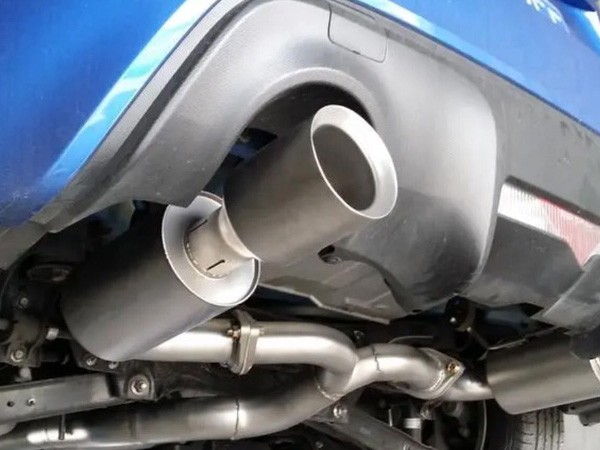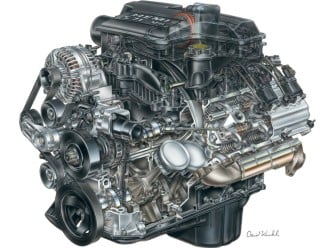Engine overheating is a critical issue that can lead to significant damage and reduced performance of vehicles. Understanding the causes behind engine high temperatures is essential for both drivers and automotive enthusiasts. In this article, we will explore some common reasons that can result in engine overheating.

Insufficient Coolant Levels:
One of the primary reasons for engine overheating is low coolant levels. Coolant, also known as antifreeze, plays a crucial role in maintaining proper engine temperature by dissipating heat. When coolant levels are insufficient, the engine lacks the necessary cooling capacity, leading to elevated temperatures.
Cooling System Leaks:
Leaks within the cooling system can cause a loss of coolant, thereby reducing the system's efficiency. Common sources of leaks include damaged hoses, faulty radiator caps, or water pump failures. These leaks can disrupt the coolant flow and result in insufficient cooling, leading to engine overheating.
Malfunctioning Thermostat:
The thermostat regulates the flow of coolant through the engine based on its temperature. A malfunctioning thermostat can get stuck in either an open or closed position, disrupting the coolant flow. If the thermostat remains closed, the coolant cannot circulate, causing the engine to overheat.
Faulty Water Pump:
The water pump is responsible for circulating the coolant throughout the engine. A malfunctioning water pump can hinder the proper flow of coolant, leading to inadequate heat dissipation. This can result in engine overheating and potential damage to vital components.
Clogged Radiator:
A clogged radiator restricts the airflow necessary for effective heat exchange. Accumulated debris, dirt, or mineral deposits can obstruct the radiator's fins, impeding the dissipation of heat. Insufficient cooling due to a clogged radiator can cause the engine to reach high temperatures quickly.
Broken Cooling Fans:
Cooling fans help maintain an optimal operating temperature by providing additional airflow to the radiator. When cooling fans fail or become damaged, they are unable to assist in heat dissipation effectively. This can lead to inadequate cooling, causing the engine to overheat.
Engine overheating can result from a variety of factors, including low coolant levels, cooling system leaks, malfunctioning thermostats, faulty water pumps, clogged radiators, and broken cooling fans. It is crucial to address these issues promptly to prevent significant damage to the engine and ensure the longevity of your vehicle. Regular maintenance, monitoring coolant levels, and promptly addressing any warning signs can help mitigate the risk of engine overheating.








